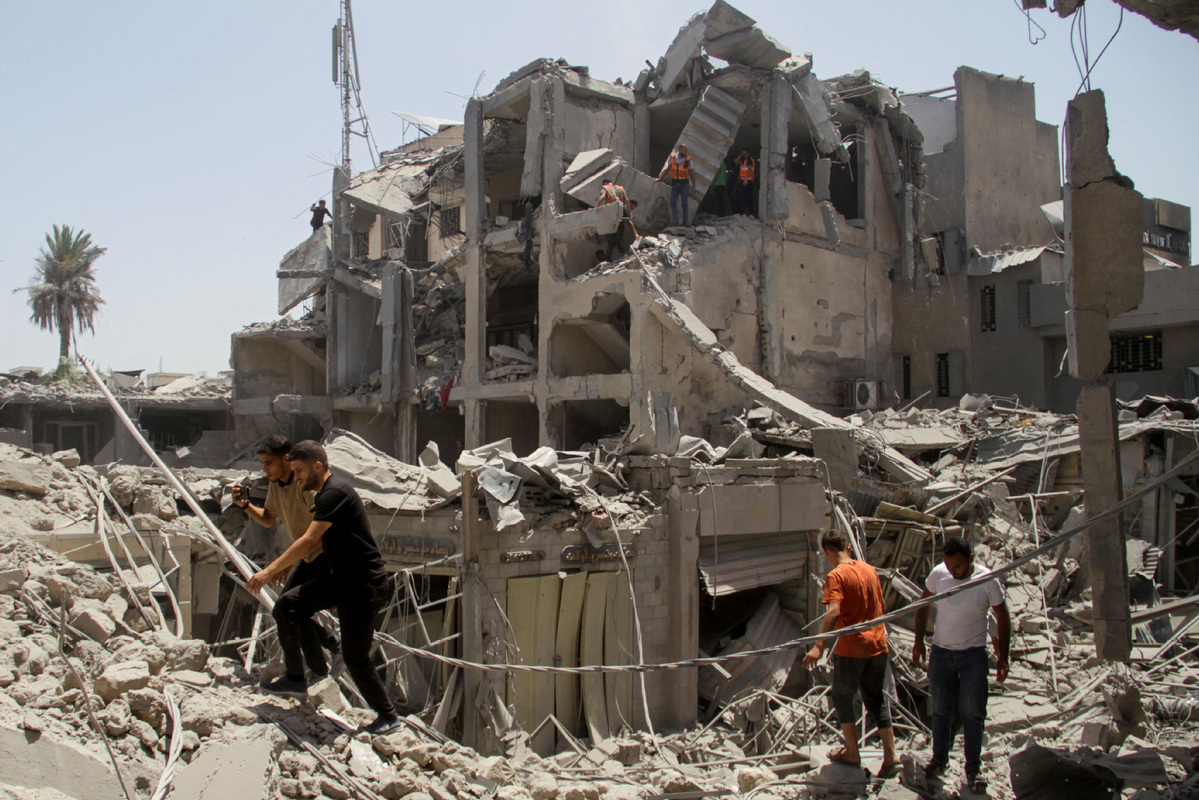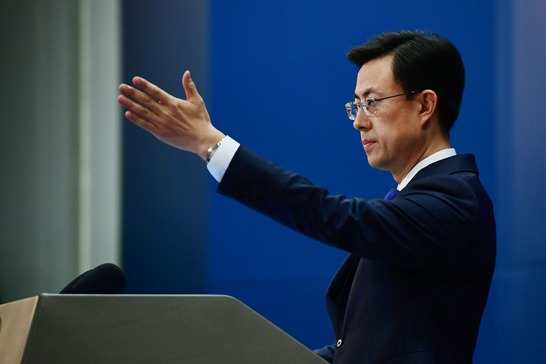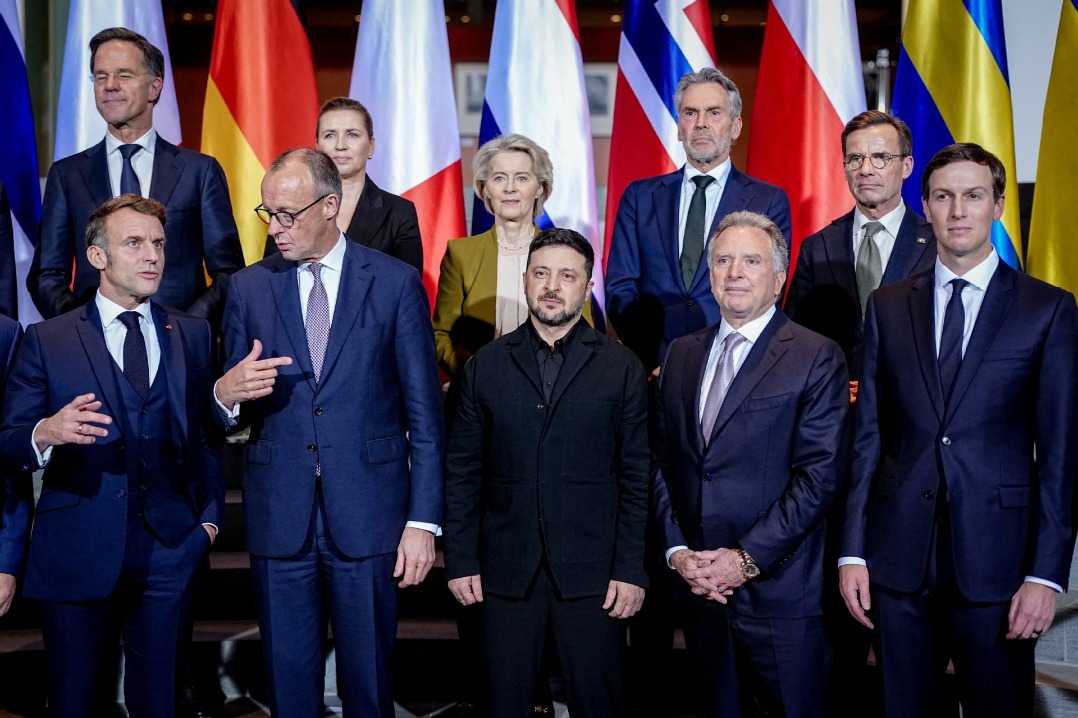China pledges solidarity with Arab nations
FM calls for achieving full, permanent cease-fire in Gaza as situation escalates


China has ramped up its mediation efforts to reaffirm its commitment to working with all parties in order to avoid the escalation of tension in the Middle East and resume Gaza ceasefire talks as soon as possible.
Foreign Minister Wang Yi held two separate phone conversations on Tuesday with his counterparts in Egypt and Jordan, pledging China's solidarity with Arab nations.
During his talks with Egyptian Foreign Minister Badr Abdelatty, Wang strongly condemned the assassination of Hamas leader Ismail Haniyeh in Teheran, Iran, which he said has pushed the regional situation to a more dangerous height.
Such acts violate the basic principles of the United Nations Charter, infringe on Iran's sovereignty and dignity and severely undermine efforts to promote peace, making a cease-fire in Gaza increasingly unattainable, Wang said.
Tit-for-tat retaliation will lead to a vicious cycle and resorting to violence will only escalate the situation, he said, adding that double standards should not be applied to the Gaza conflict.
Abdelatty said that Egypt is deeply concerned about the possible escalation of the situation in Gaza, as the region could not afford more wars and instability.
He expressed high appreciation for China's important role in promoting peace in the Middle East, adding that Egypt hopes to maintain close cooperation with China to prevent further escalation of the situation.
During his phone conversation with Jordanian Foreign Minister Ayman Safadi, Wang underscored that the key to avoiding the deterioration of the situation is to achieve a full and permanent cease-fire in Gaza at an early date, urging the international community to form a joint force on this issue.
Safadi, who is also Jordan's deputy prime minister, expressed concerns over the assassination of Haniyeh, saying that the escalation of the conflict will not benefit any side, but only result in multiple losses.
Noting that China has always maintained an objective and fair position on the Palestine-Israel conflict, Safadi said that Jordan is willing to maintain communication with China and believes that Beijing will play a more important role in promoting a cease-fire.
Li Zixin, an assistant researcher at the China Institute of International Studies, said, "China is a more trustworthy and fairer partner in mediating conflicts in the Middle East, as it has no self-interests and encourages countries to resolve their disputes through dialogue and consultation."
The Middle East countries endorse China's approach in resolving international conflicts and are expecting Beijing to play a bigger role in ending the turmoil, Li added.
China has always played a constructive role in upholding peace and stability in the Middle East, and last month, it facilitated an agreement among 14 Palestinian factions aimed at ending divisions.
Last year, China brokered a deal between Saudi Arabia and Iran to facilitate the resumption of their diplomatic relations.
On Monday, Zhai Jun, special envoy of the Chinese government on the Middle East issue, held a phone conversation with Wolfgang Amadeus Brulhart, Swiss special envoy for the Middle East.
Last week, Zhai also met with Iranian Ambassador to China Mohsen Bakhtiar, and they exchanged views on the latest situation in the Middle East.
































